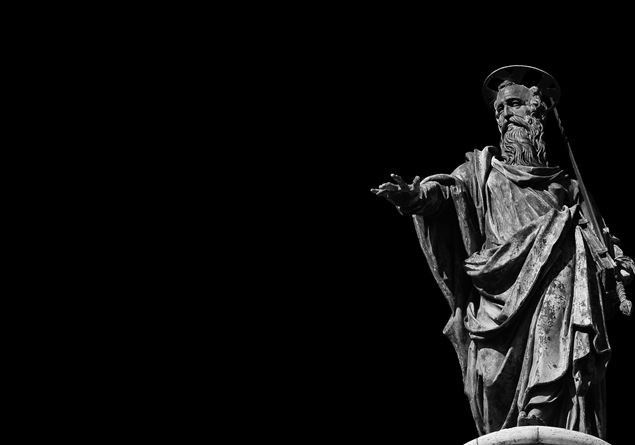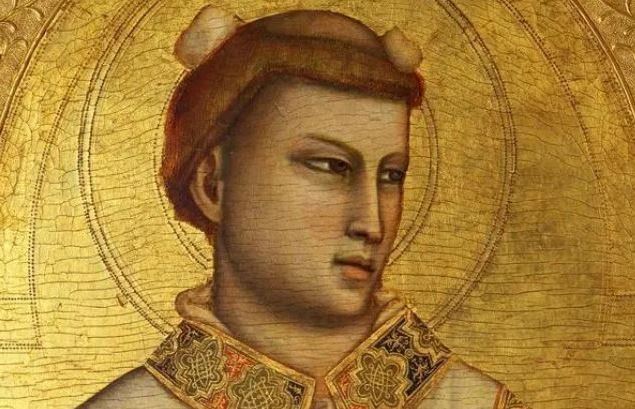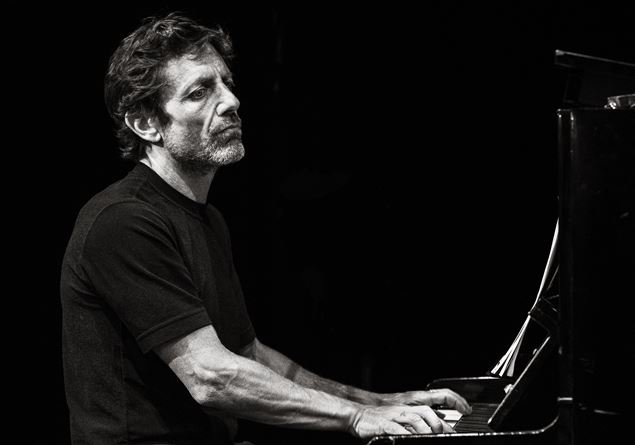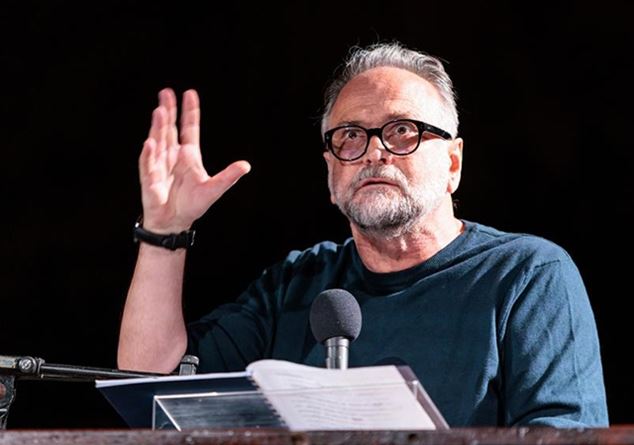
Cardinal Gianfranco Ravasi.
You think of Saint Paul, as a layman, and you immediately think of his electrocution on the road to Damascus, the sudden blindness, the fall from his horse, the rescue of his companions, the darkness until in the Syrian city Ananias lays his hands on him, the conversion. An episode that needs to be put into perspective, explains Cardinal Gianfranco Ravasi, biblical scholar, theologian, former prefect of the Ambrosiana Library, president emeritus of the Pontifical Council for Culture and Dialogue, omnivorous reader and prolific writer. His latest work is dedicated to the apostle of the people (I was a blasphemer, a persecutor and a violent personRaffaello Cortina publisher). A biography that also has the merit of dispelling some myths: “Saint Paul never fell from his horse”.
But how, you can also see it in Caravaggio’s painting, with the steed raising its hoof so as not to trample on it while he is on the ground, supine, struck by a dazzling light…
«Paul never fell from his horse, perhaps he stumbles, probably this internal, mystical experience narrated in the Acts of the Apostles makes him falter and fall. But his is an internal vision. The witnesses who witness this vision of his either have it told to them or pass it on by transforming it, but in reality there wasn’t all that apparatus which art then makes like an external shock, a prodigy arriving from above. There is a quite notable diversity from this artistic climate, which is very fond of theophany and devotional. Paul, on the other hand, represents Jesus Christ himself, the fundamental nucleus of Christianity. There’s no doubt about it. In this sense it also speaks of a new creation, therefore it already makes us imagine Paradise.”
Paul is considered the first theologian of the Church.
“Certainly. St. Paul uses not only the existential experience, but also that of intellectual reflection, it is to be re-evaluated in an era in which more and more, even in the ecclesial sphere, there is the temptation to favor immediacy instead”. What is meant by immediacy? «What is misunderstood a bit as pastoral, which instead is also a discipline, which has its own statute, also has its own intellectual paths».
Will we find our loved ones in the afterlife, even animals?
«There are two elements to consider. On the one hand, certainly, Paul introduces a reflection that is normally difficult for us today.”
Why is this reflection difficult?
«Because we think about the afterlife with temporal and spatial categories. The afterlife is eternity, the long thing that never ends. The place. A place where Dante’s paradises, gardens, all the symbols exist. And then this. makes it difficult to understand Paul’s concept. Paul instead insists on illustrating this new creation that goes beyond space and time. Romans 8 is key on this. A new dimension. With a new dimension, in which there is no longer space and time, it also sees our corporeity being proposed again.”
Will the body remain?
«Our identity remains, even our body, but it is no longer the transitory corporeity destined to die. And so there’s a whole vision that encompasses this. This is the fundamental element of Pauline theology.”
The apostle is best known for the famous phrase “omnia munda mundi”.
«It’s true, Manzoni also mentions it in “The Betrothed”, putting it in the mouth of Cristofaro. Here it is, the concreteness. Paolo is not just an abstract theorist. I quote that truly powerful passage by Renan when he says that Paul is the father of all those who came after Augustine and Thomas Aquinas, great cold thinkers, almost frigid, unlike Jesus who embraces the people he meets. The entire second part of the letter to the Romans, albeit to a lesser extent, is ethical and pastoral in nature.”
So what is Saint Paul’s lesson against the crisis of the Church today?
«What Paolo proposes is to take risks, get involved, enter the square, or rather the agora. He even tries to propose his messianic message to the aeropagus of Athens, the homeland of paganism, it goes badly, but he doesn’t care, he tries elsewhere, Philippi, Thessalonica, the great capitals of the time.”
Is this still the relevant lesson today? Getting involved, looking at new boundaries?
«Paul’s lesson today is made up of these two apparently oxymoronic elements: on the one hand rigor, rigor in thought, in morality, on the other interaction, dialogue, even with the failures it entails. Failures up to a certain point: in Athens a noblewoman and a king’s chief are converted, then it means that he has achieved some results.”









